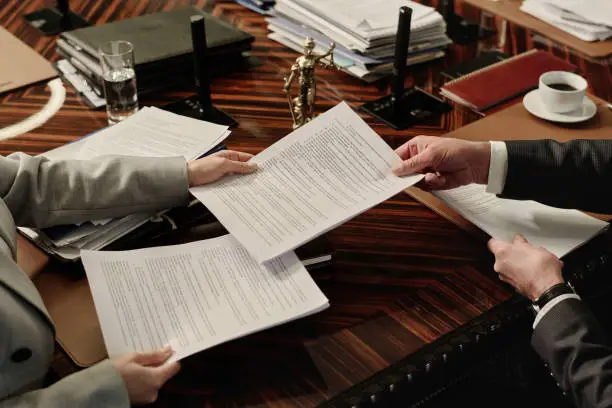Understanding Common Probate Court Disputes and Resolutions
Probate court disputes can arise for various reasons, including disagreements among heirs, challenges to the validity of a will, or issues related to the management of estate assets. Understanding these common disputes is crucial for anyone involved in the probate process, as they can significantly delay the distribution of assets and increase legal costs.
For instance, disputes often occur when family members contest the will's terms, claiming undue influence or lack of capacity at the time of signing. Additionally, conflicts may arise regarding the interpretation of the will or the actions of the executor. Having a knowledgeable probate attorney can help navigate these challenges and seek resolutions through mediation or court intervention when necessary.
Essential Probate Document Checklist for Executors
Executors play a vital role in managing the estate of a deceased person, and having a comprehensive checklist of essential probate documents can streamline this process. This checklist typically includes the original will, death certificate, inventory of assets, and any relevant financial documents needed for settling debts and taxes.
Moreover, it is essential for executors to keep track of all communications and filings with the probate court, as well as any notices sent to beneficiaries. By maintaining organized documentation, executors can ensure compliance with legal requirements and facilitate a smoother transition for the estate's beneficiaries.
Intestate Inheritance Rights Explained: What You Need to Know
When a person passes away without a valid will, they are considered to have died intestate, which can complicate the distribution of their assets. Understanding intestate inheritance rights is crucial for potential heirs, as state laws dictate how assets are divided among surviving relatives.
In Texas, for example, the distribution of assets typically prioritizes spouses and children, followed by parents and siblings. However, the specific circumstances of each case can lead to varying outcomes, making it essential for heirs to consult with a probate attorney to understand their rights and navigate the intestate process effectively.
Understanding Functions of Probate Court in Hearings
The probate court serves several critical functions during hearings, primarily focused on validating wills, appointing executors, and overseeing the administration of estates. Understanding these functions can help individuals involved in the probate process navigate the legal landscape more effectively.
During hearings, the court reviews evidence related to the validity of the will and addresses any disputes among beneficiaries or creditors. Additionally, the court ensures that the executor is fulfilling their duties according to state laws and the terms of the will, providing oversight to protect the interests of all parties involved.








